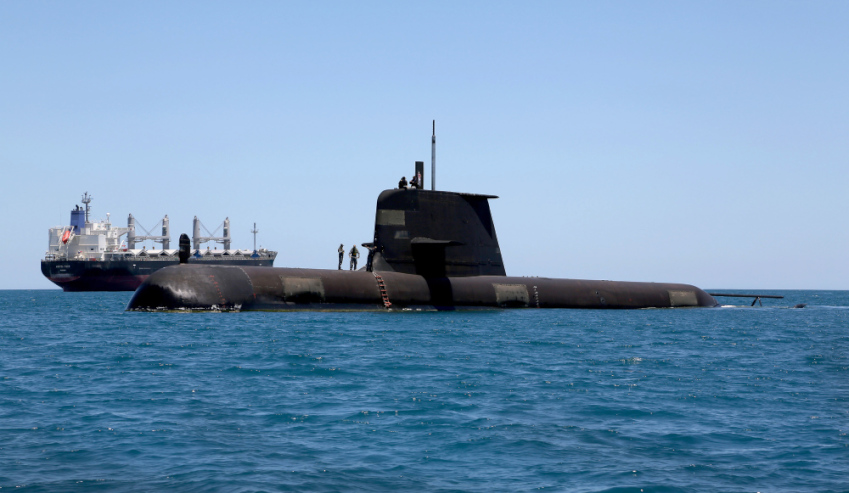The NSW Defence Innovation Network is calling for collaborative proposals in the field of cyber security and undersea surveillance. Through its Strategic Investment Initiative, DIN will invest $900,000 of research funding in developing cutting-edge prototypes for defence use.
To continue reading the rest of this article, please log in.
Create free account to get unlimited news articles and more!
Following the recent announcement of cyber security and undersea surveillance being priority areas for Defence investment, the Defence Innovation Network (DIN) has established the Strategic Investment Initiative (SII).
The purpose of the SII is to enable multi-disciplinary teams to produce two prototypes, to create lasting links to the defence industry, to catalyse commercialisation and additional investment in research and development in NSW.
A key objective is to build capability in the state by funding collaborative research that will enable a prototype to be made within a 12-18-month time frame, suitable for a ‘demonstration’ of the new capability of the integrated system.
The Initiative is funded by the NSW government and the Department of Defence through the Next Generation Technologies Fund.
DIN project proposals should be scoped within the following subjects:
Undersea communications and detections: Facing an increasingly contested undersea environment, DIN is focused on addressing how Defence can increase the capacity and effectiveness of underwater communications.
In an undersea environment with limited communications, computation and power, how can machines report reliable detections and make context aided decisions without human supervision? Collaborative autonomy is included.
Mid- and deep-water environments are specifically included (as opposed to shallow water environments). The mission of the initiative is to conduct persistent undersea surveillance operations that rely on remote unmanned and unwired systems, and sensors for enhanced defence situational awareness, in mid- and deep-water environments.
Defence has highlighted the priority of remote undersea surveillance through the 2020 Force Structure Plan (FSP2020) and the StarShot program.
From FSP2020, protecting Australia’s large exclusive economic zone requires understanding of the maritime environment under its control, sustained presence, and adapting to new technological developments that could increasingly complicate Defence's ability to keep Australian interests safe in the Maritime domain.
Cyber security – ongoing use of a system despite compromise, establishing and (self) restoring trustworthiness: Cyber security is increasingly important for Australia's national security, innovation, and prosperity, and is a major priority for Defence.
It cuts across all of the Defence StarShots R&D priorities, in particular Information Warfare. It is critical for the sustained integrity of systems and infrastructure.
DIN is focused on asking critical questions, mainly:
- How can Defence estimate or know whether a compromised system might still be fit for a specific purpose or mission at the operational edge, and what technologies might be applied to establish, assess and restore trustworthiness?
- How can a system self-check or cross-check other parts of the system autonomously, and the system self-correct errors? Include options for human input, in/on the loop.
Applicants should also consider reducing attack surface. Consider in terms of confidentiality, integrity, availability. Include partially and totally compromised systems, but where Defence still wishes to employ it.
Eligible organisations and individual researchers for collaboration with the latest round of DIN research priorities, include:
-
Lead organisation: Proposals must demonstrate multi-disciplinary and multi-institutional collaboration. Projects must be led by DIN university with substantive inputs from at minimum two DIN universities in total. Project teams may include Australian businesses and non-DIN member university researchers.
-
Individual researchers: All project participants must be citizens of the Five Eyes Alliance (Australia, Canada, New Zealand, the UK, and the US) or NATO member countries. Citizens of countries not covered by the named treaties are subject to approval by the DIN.
Selection criteria
- Vision, ambition and innovation;
- Leadership and team quality;
- Impact; and
- The commitment of collaborators.
Application process
The application form is available on request at

 Login
Login







